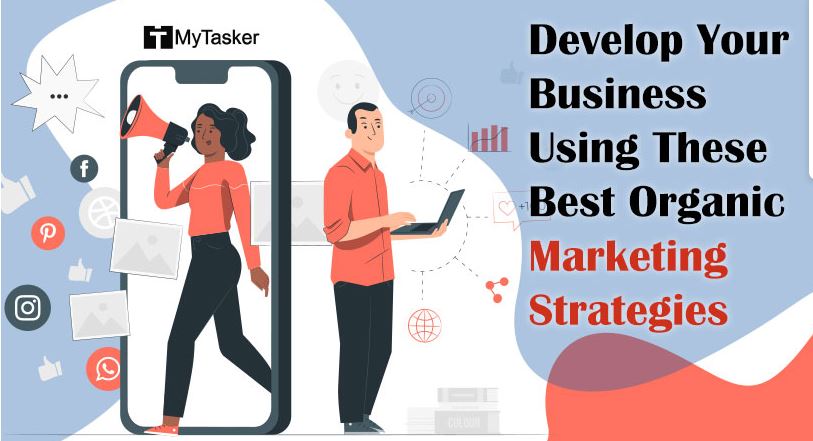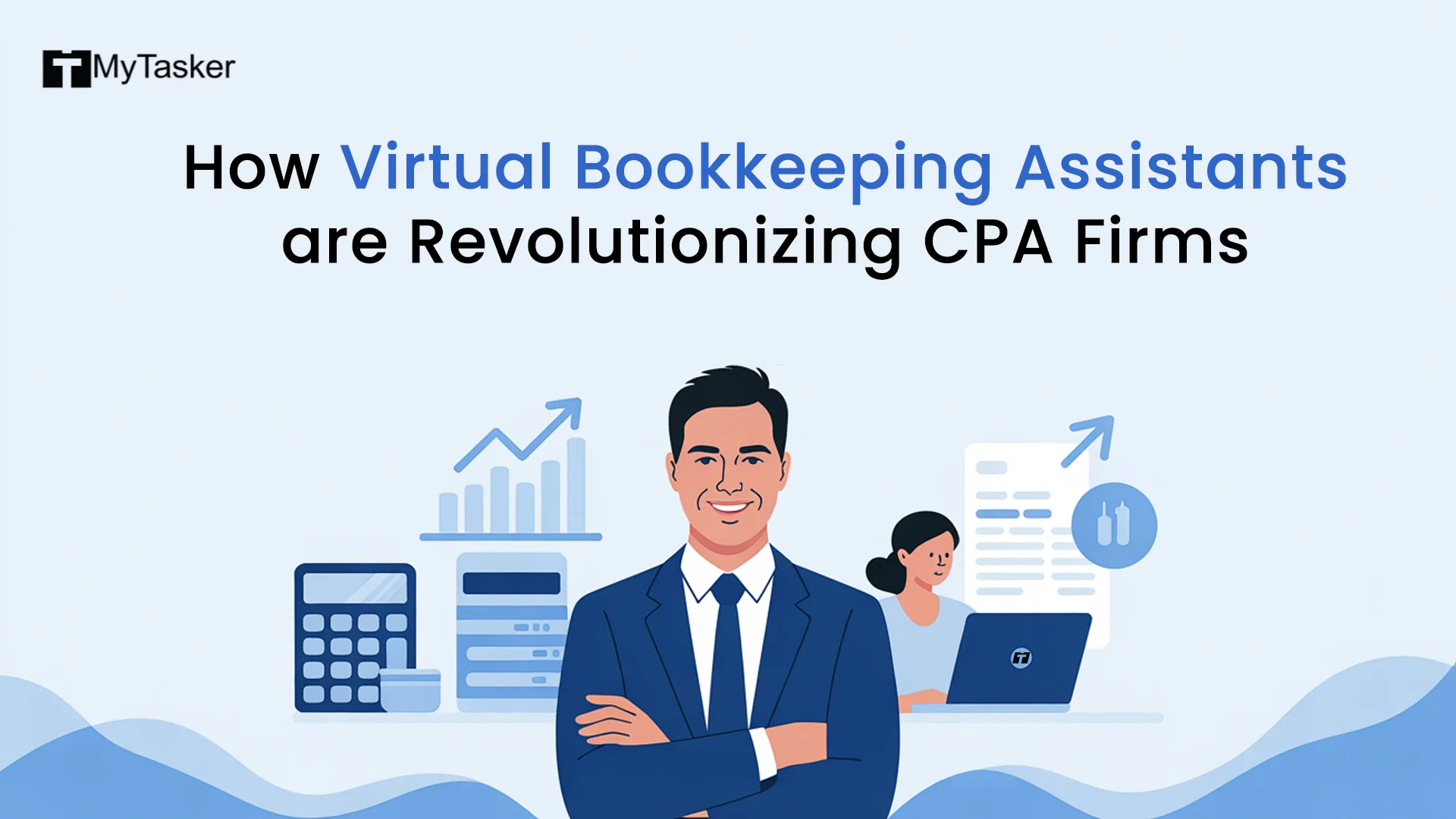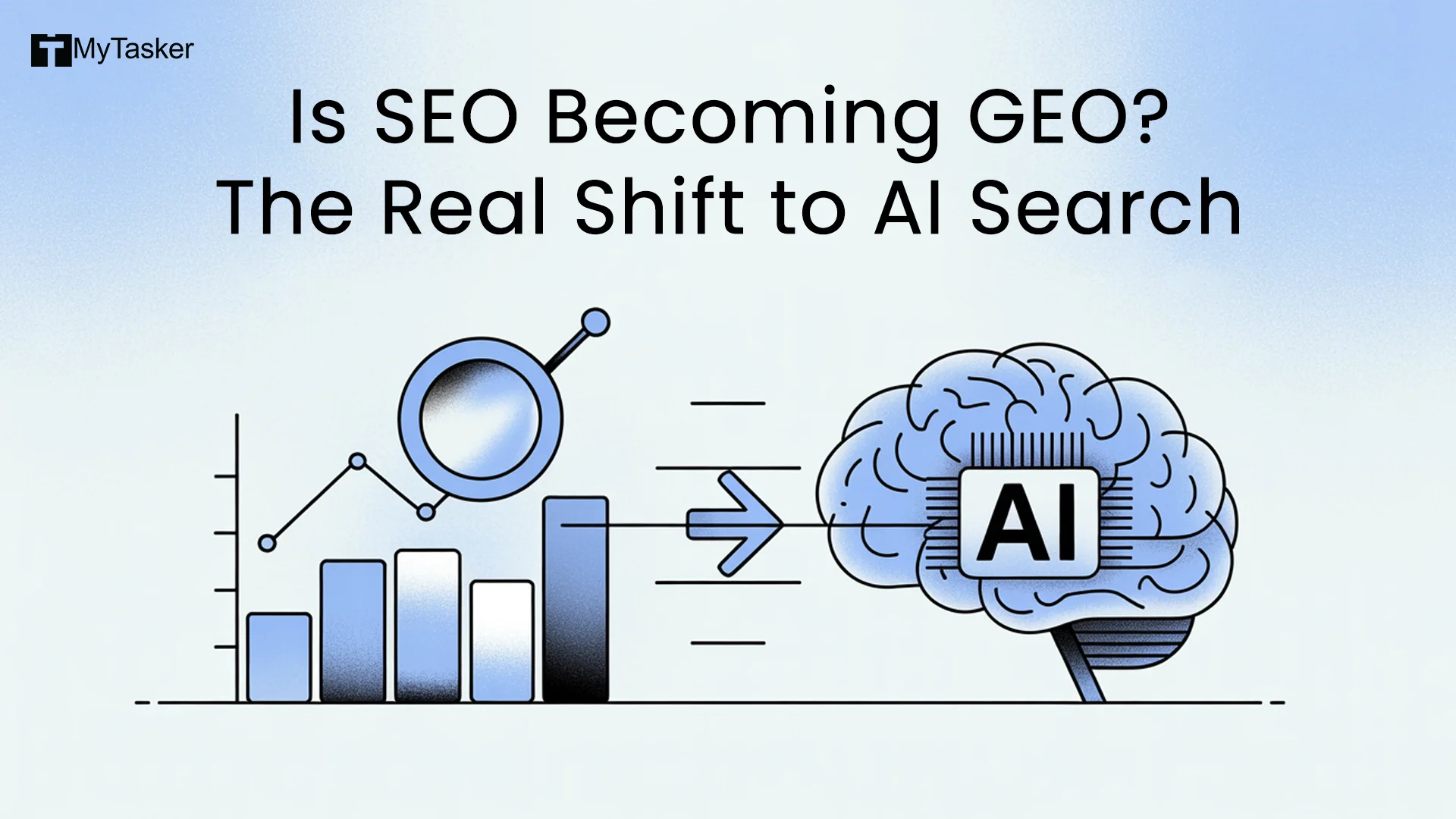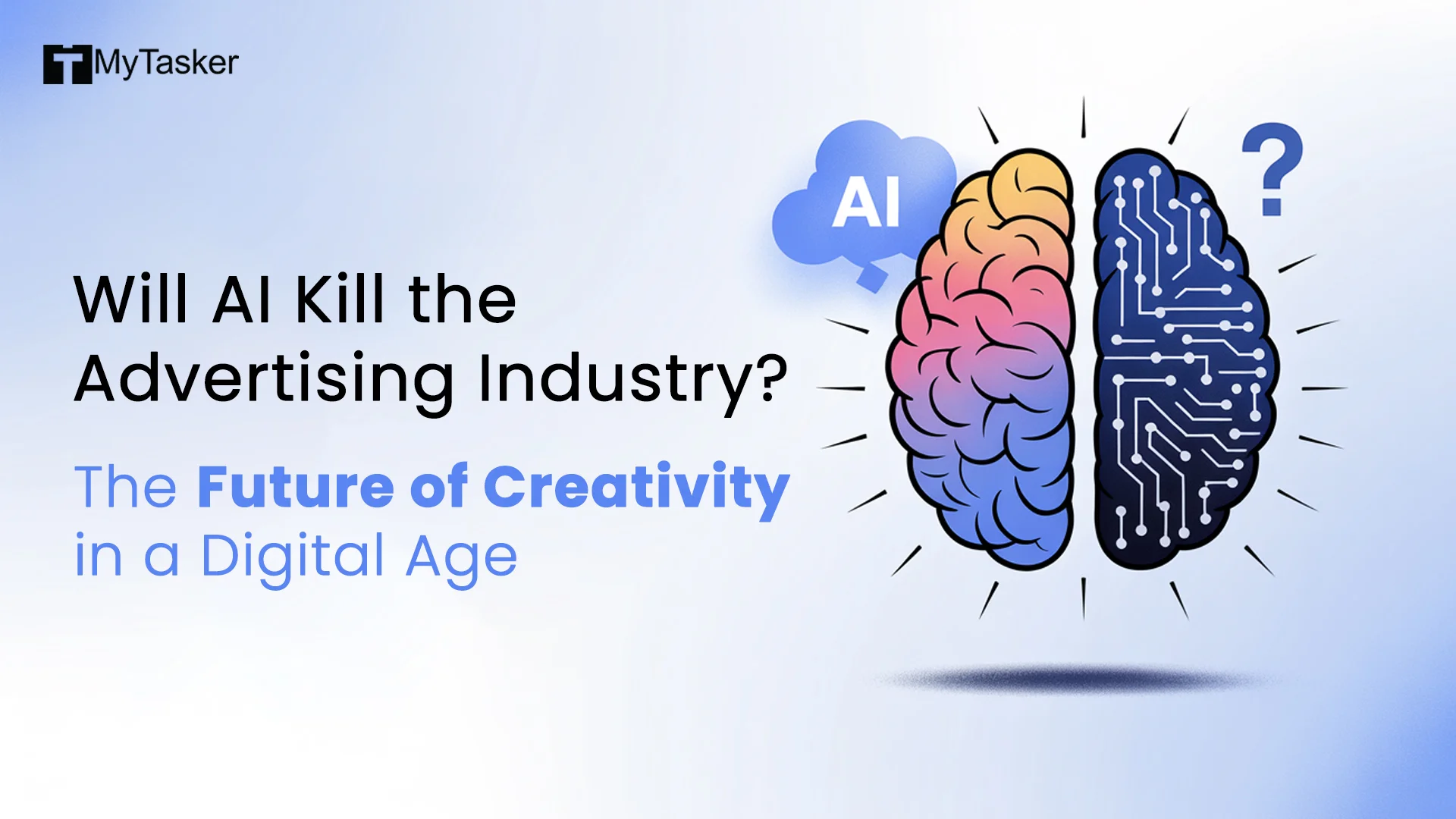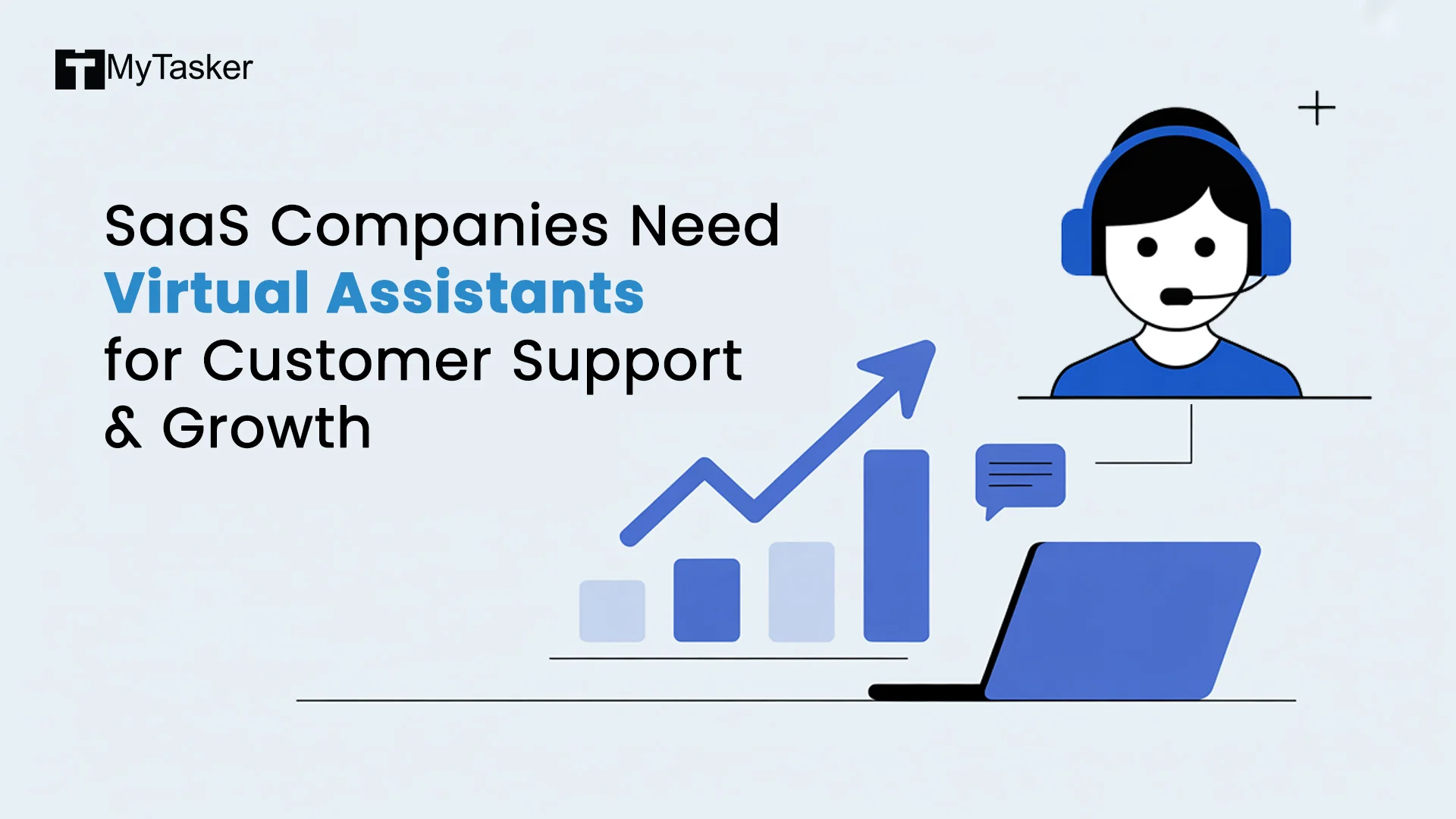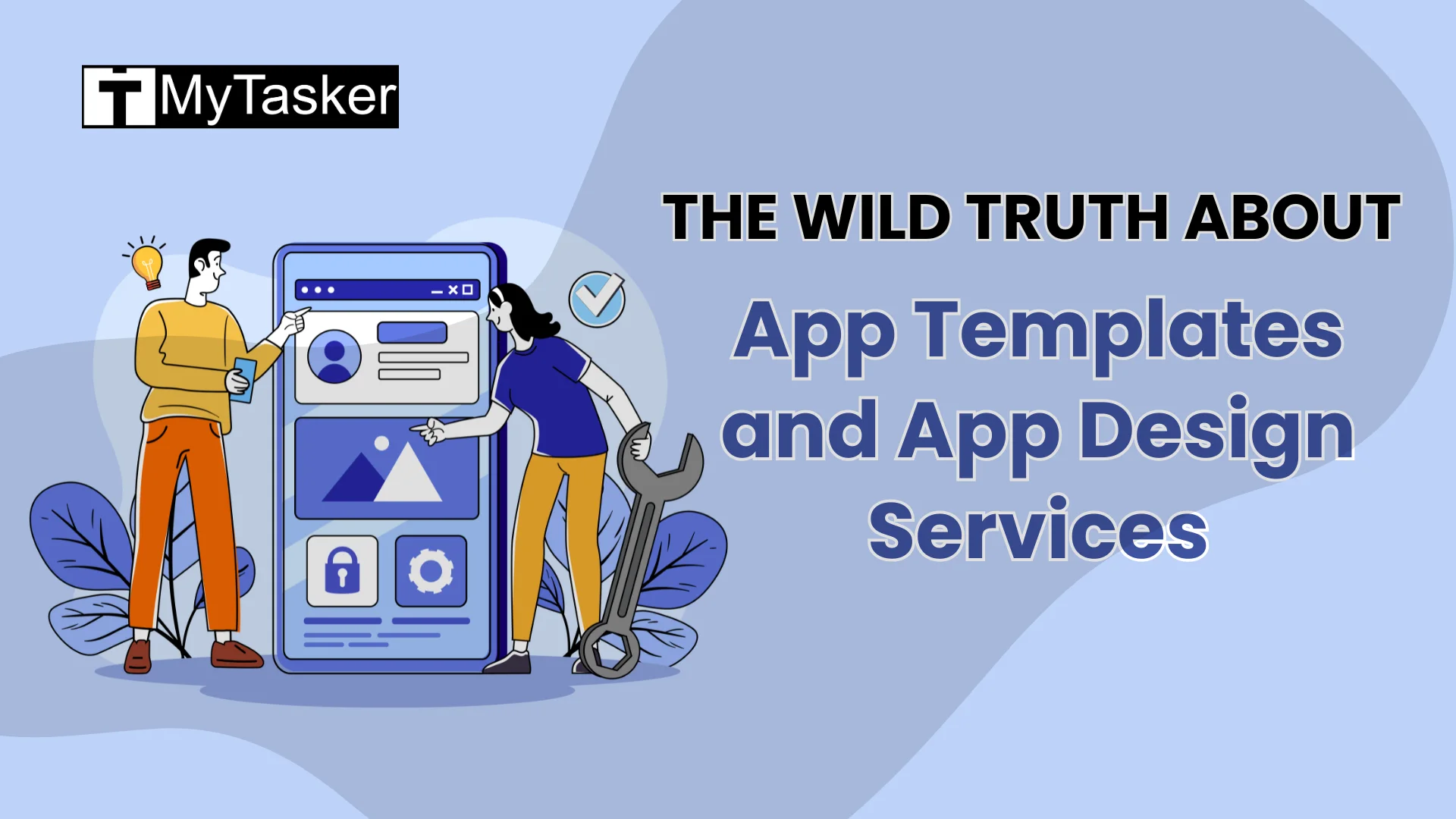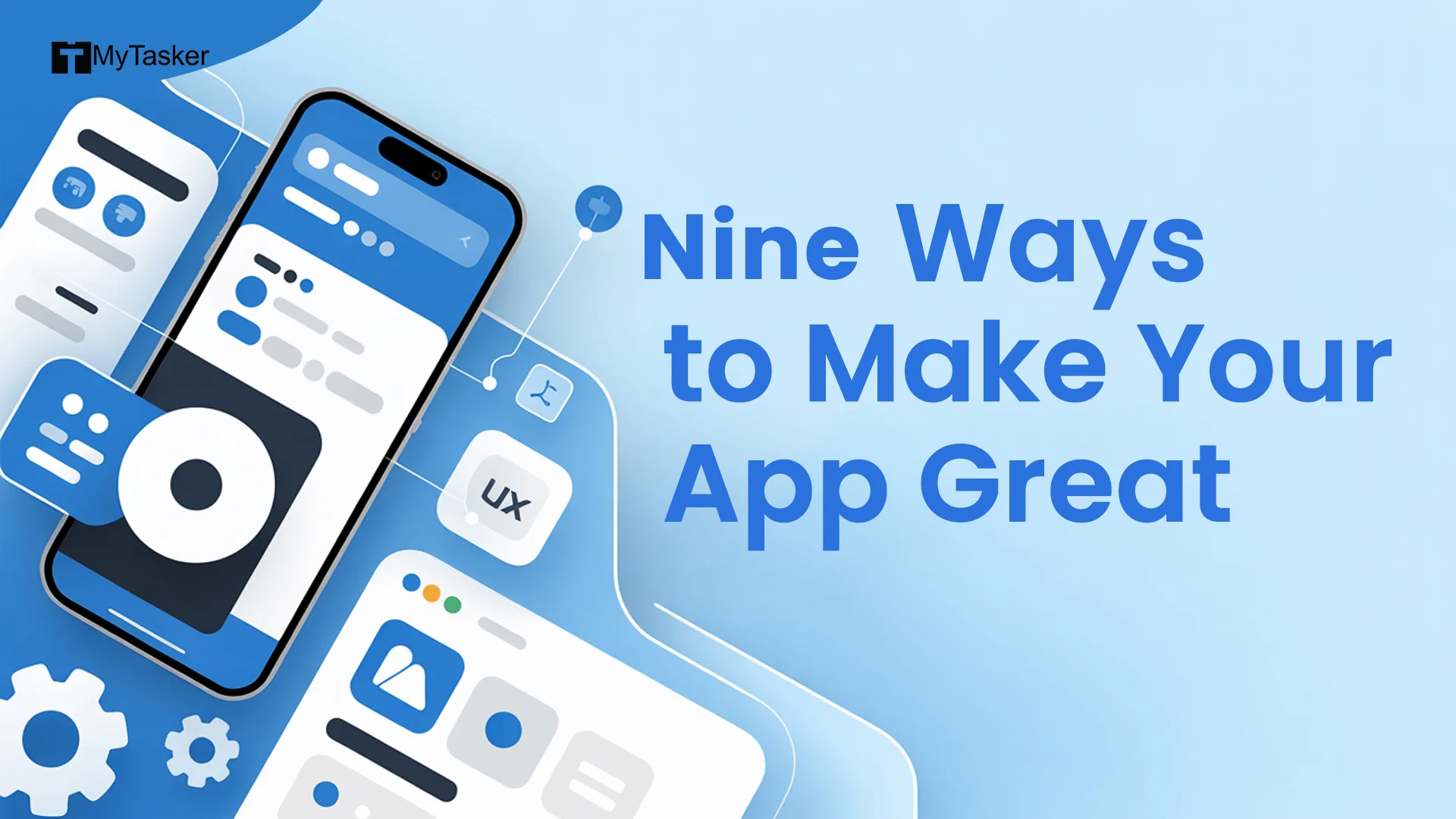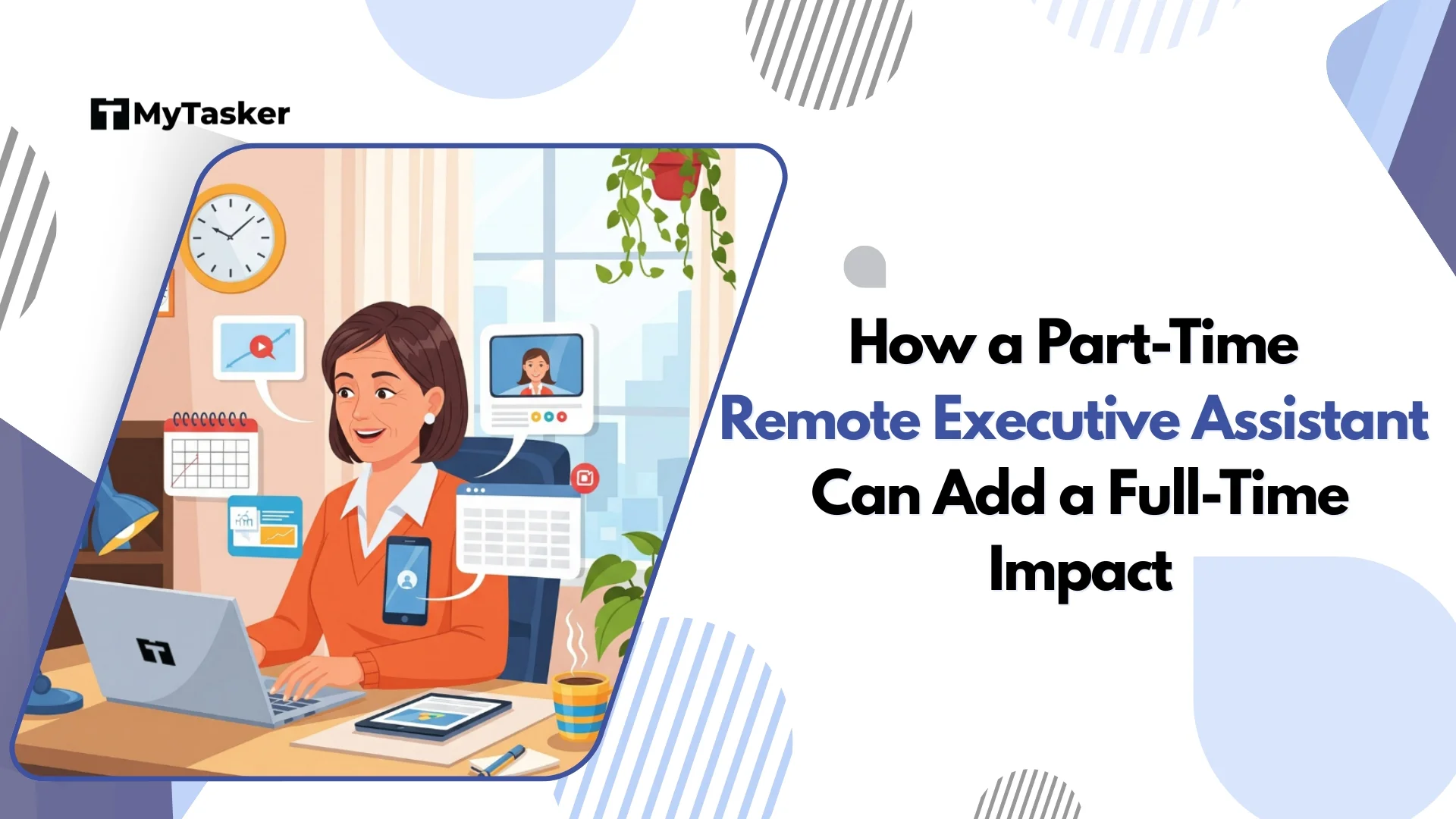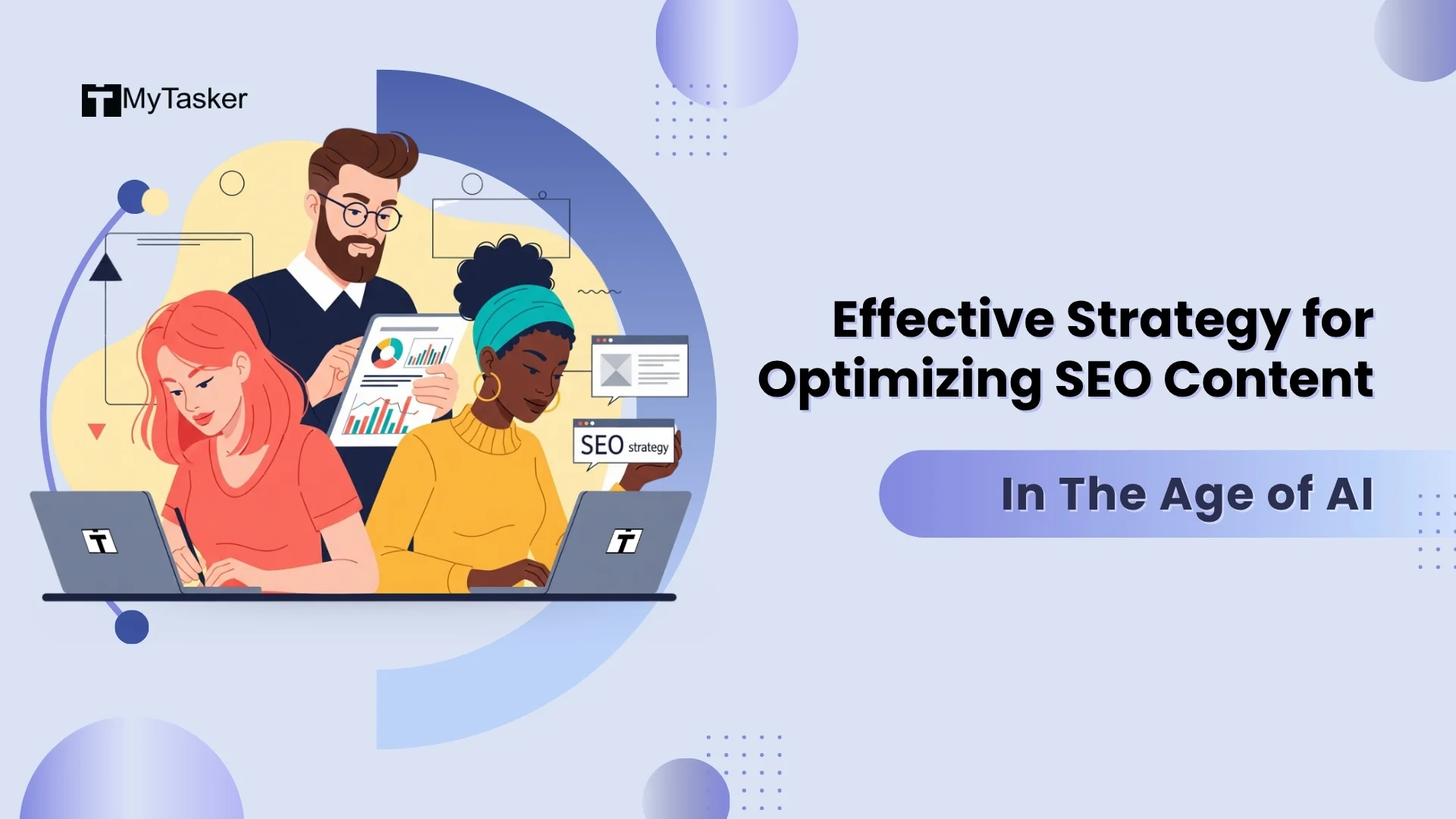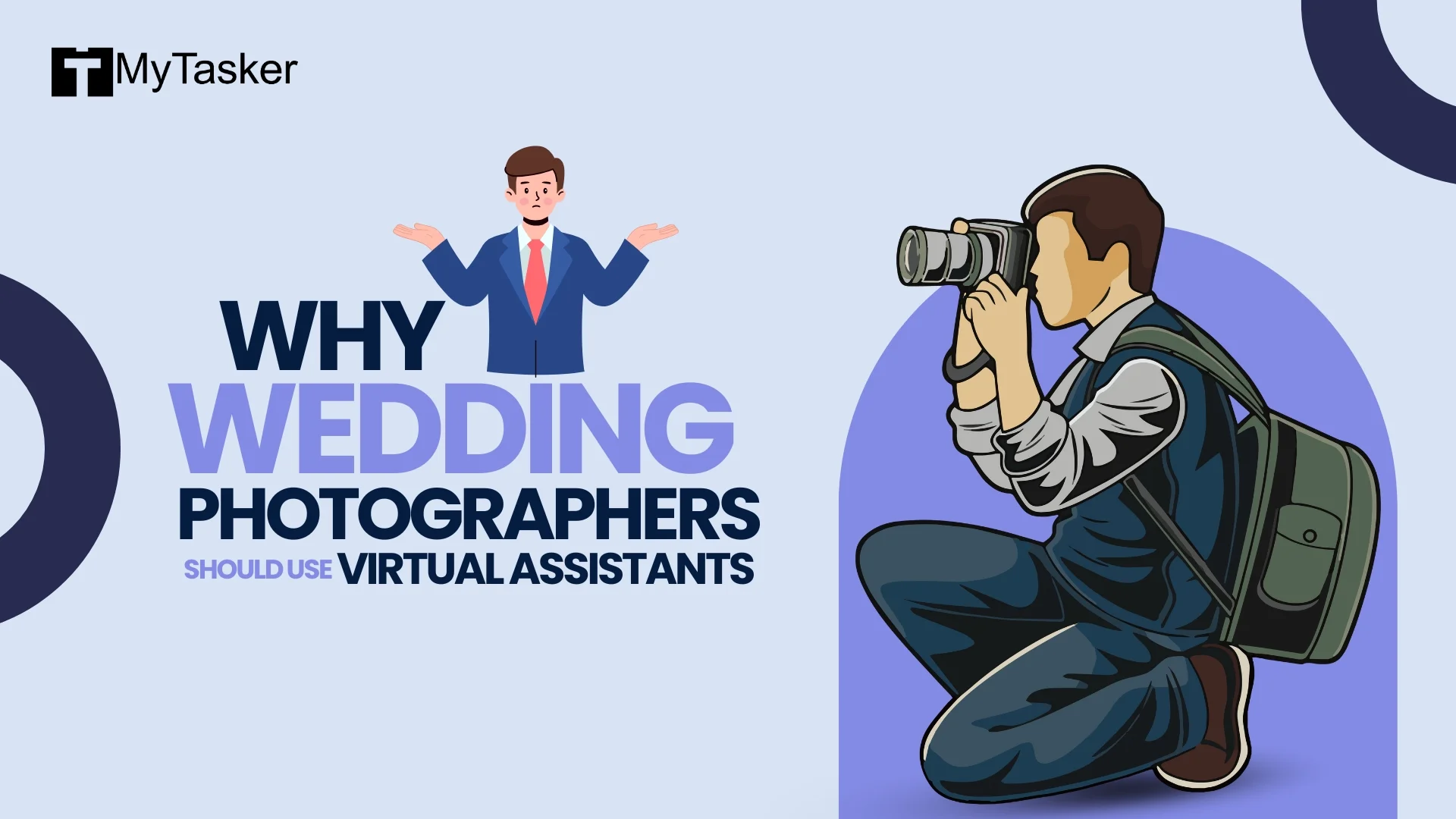Who doesn't like getting organic results? That is why marketers and business owners are always looking for the best organic marketing strategies. It helps to grow brands naturally rather than relying more on paid marketing.
Trying to grow your brand naturally using organic marketing tactics is a little endeavouring task. Nonetheless, when done consistently, it fetches us long-term results, especially when on a low budget.
In this era of instant results, most people prefer quick and accurate output which naturally tempts them to invest in paid marketing.
Paid marketing does fetch us results. However, the benefits are only short-term, unlike organic marketing which focuses on long-term benefits.
By no means we are trying to tell that paid marketing is not required and purely organic marketing tactics are enough. No, both are equally important for the growth of any business and should be included in your marketing plans.
According to Brightedge, 53% of website traffic comes from organic channels and remains the dominant source of web traffic amongst all the other digital marketing channels.
ORGANIC MARKETING VS PAID MARKETING:
As opposed to paid marketing, organic marketing strategies do not require spending a lot of money. Rather, it focuses on spreading brand awareness by creating helpful content.
When the audience constantly notices your brand being helpful, it becomes trustworthy to them due to the value you provide upfront.
As a consequence, people will make an effort to know your brand more by visiting your site or your social media page.
Thus, you acquire genuine traffic from reliable sources naturally through organic marketing strategies. These are leads who are interested in your business and are not just led by some ads.
ADVANTAGES OF ORGANIC MARKETING:
One main advantage organic marketing has overpaid marketing is the factor of trust. Paid marketing does help you get more exposure.
On the other hand, through organic marketing you not only get exposure but also build trust with your audience, thus cementing a long-term relationship with them.
More businesses these days, especially the small ones, are focused on organic marketing as it does not involve shelling out a large amount of money in paid marketing.
Another noteworthy point about organic marketing is that, unlike paid marketing, the benefits are long-term and do not end when you stop paying money for the ads.
So, in this article, we will discuss how to use the best organic marketing strategies to grow your brand.
- Analyze your traffic habits
The first thing to start with your organic marketing strategy is to study where your current traffic is coming from. Is it from blogs, your social media, a particular guest post, or through Google searches?
This helps you understand where your audience is and what kind of content makes them interact more so that you can pay special attention to that channel.
For instance, if you are a skincare brand that gets most of the traffic from social media, this means you need to focus more on creating valuable content like reels, informative posts, and so on to reach your audience on social media.
On the other hand, if your blog posts are receiving more traffic then that indicates people find them helpful and you should write more such informative blogs.
Only when you truly understand where your audience is and what they want, you can carry out your organic marketing strategies to their full potential.
- Groups, Communities, and Forums
Building trust with your audience is central to organic marketing and is what sets it apart from other types of marketing. It builds a relationship in the long run with the consumers.
Interacting with your audience to know and understand them, their wants, needs, and pain points is very crucial to organic marketing.
The best way to start understanding them is from groups, communities, and forums like Facebook and LinkedIn.
It’s free and you can get access to your potential customers with whom you can talk about your product or service.
Frequently converse with them and keep them updated about your brand, and help them by answering their questions.
It is a great way to find and share useful insights with your audience. Engage with them to generate positive interest for your brand.
- Search Engine Optimization
Creating engaging content that provides value to your audience is the core of any organic marketing strategy.
Interestingly, Search Engine Optimization (SEO) also plays an integral part when it comes to organic marketing.
Every day millions of people share content and search for content online.
In order to provide the people performing a search query with relevant and helpful content, search engines themselves need to understand your content first to deem it rank worthy on its results page.
This is possible by making your website and your content search engine optimized.
- Make sure each web page on your website has meta tags and relevant keywords for the search engines to understand what your page is about.
- Create and design your content to be more mobile-friendly and responsive as most are from smartphone users.
When search engines rank your content higher on the results page, that leads to more exposure and clicks leading to an increase in organic traffic.
- Content Marketing
Content is king when it comes to marketing, especially organic marketing.
72% of marketers say that content marketing increases engagement and has increased their leads.
The content you create and have already created is your asset. The most important point of creating content, as we have kept stressing throughout this blog is value.
When a user clicks on your content and does not find it to be helpful, they will not want to interact with your brand unless it provides them with value.
Now that we have established why it is important for your content to provide value, let’s move on to what kind of content you can create to target your audience.
You must first understand the buyer's intention and what they want to focus your content on to cater to their needs.
A buyer’s decision to make a purchase goes through the following journey:
- Awareness - where they are looking to solve their problem and are searching for information//solutions that can help them.
- Consideration - when they have found the solution and go in-depth about how it can benefit them and what makes it different from the other available options.
- Decision - when they have finally decided based on a collection of information during the previous stages about what is best for them and make the final transaction.
It is necessary that you make content for each stop during the buyer’s journey to guide them toward your brand.
- Awareness stage - Informational content that answers some common questions to give the buyer’s some clarity and perspective. ---How to
- -What is
- -Difference between
- -Why
- Consideration stage - Investigative or navigational content that discusses the solution in detail and guides your brands. The content could be on topics like
- -Top 5 smartphones
- -Best places to buy
- -Phone A vs Phone B
- The decision stage - is the transactional stage when you need to provide content that would solidify the buyer’s resolution to buy from you. So mostly talk about the reviews and positive responses about the product or service.
This way during each stage, the customer is guided by your content to take the desired action.
Your content should be written in such a way that it:
- Builds trust with customers
- Improves conversions
- Generates cost-effective leads
- Significantly improves your search engine optimization (SEO)
For your content marketing strategy do not just focus on one type of content only, always have a variety of content for your content library that would consist of blogs, YouTube videos, reels on social media, posts, infographics, etc.
There is more to social media than just getting the most likes and encouraging people to buy things. The core of social media is about encouraging conversations to build a community
For organic marketing, social media is one of the best and easiest ways to connect with your audience and build traffic naturally. Here again, it comes down to sharing content that creates an emotional connection with people.
This will result in people sharing your content within their circles and making it wide-reach. If you are not active on social media then you are missing out on a huge opportunity to promote your business.
According to a marketing report by eMarketer, around 30% of the respondents agreed to have to made purchases through social media.
When your content resonates with the audience, they will be more inclined to buy it.
That is why it is important to build relations and understand your audience. This way you can find out what their pain points are and specifically cater to them instead of only focusing on selling the product.
The main motive behind organic marketing is not selling your product but offering a solution to people’s problems. Sell the solution, not the product or service. This will automatically attract people to support your business.
- Email Marketing
Email marketing as a part of your organic marketing strategy is a good way to stay connected to your existing customer base.
By regularly sending out news updates, sale notifications, discount coupons, or exclusive gifts you keep them engaged and show your customers that you value them.
This way they will want to be connected to your brand and remain a patron because they will feel valued.
- Word Of Mouth Marketing
This is an old but still very effective form of organic marketing strategy. Make sure you go beyond selling a product or service and offer people an experience that they would want to talk about and share with others. This organic marketing strategy has the highest level of trust established and is guaranteed to bring conversions.
The bottom line is that the main goal of all organic marketing strategies is to bring people to your website or social media page by providing the solution for their problem rather than directly asking them to buy through advertisements.
Your organic marketing strategies do not take off overnight and require consistent effort over a long period of time. But once you start getting the results, you will find them compounding over the longer term.
This is why all businesses and especially small businesses are encouraged to make use of organic marketing strategies to grow their brand as it does not require a lot of budget.
At MyTasker, our digital marketing team has helped many small businesses to employ the above-discussed organic marketing strategies in their marketing plans helping them grow.
If you do want to give your business an organic boost that provides benefits for a longer period of time, please reach out to us with any assistance you require and our team will be happy to help you grow your brand.



